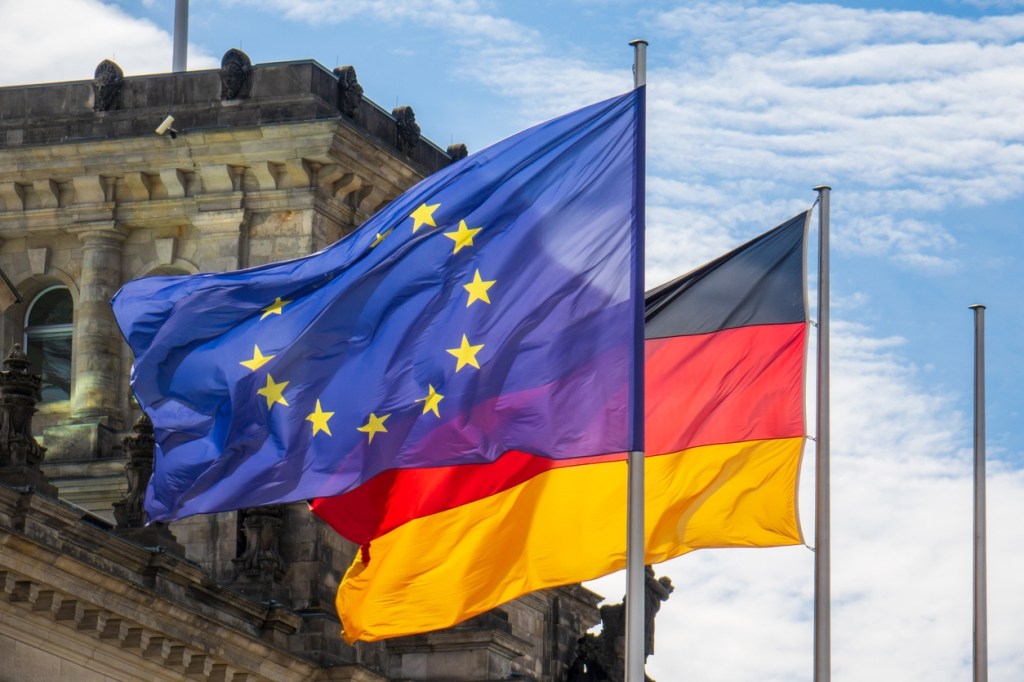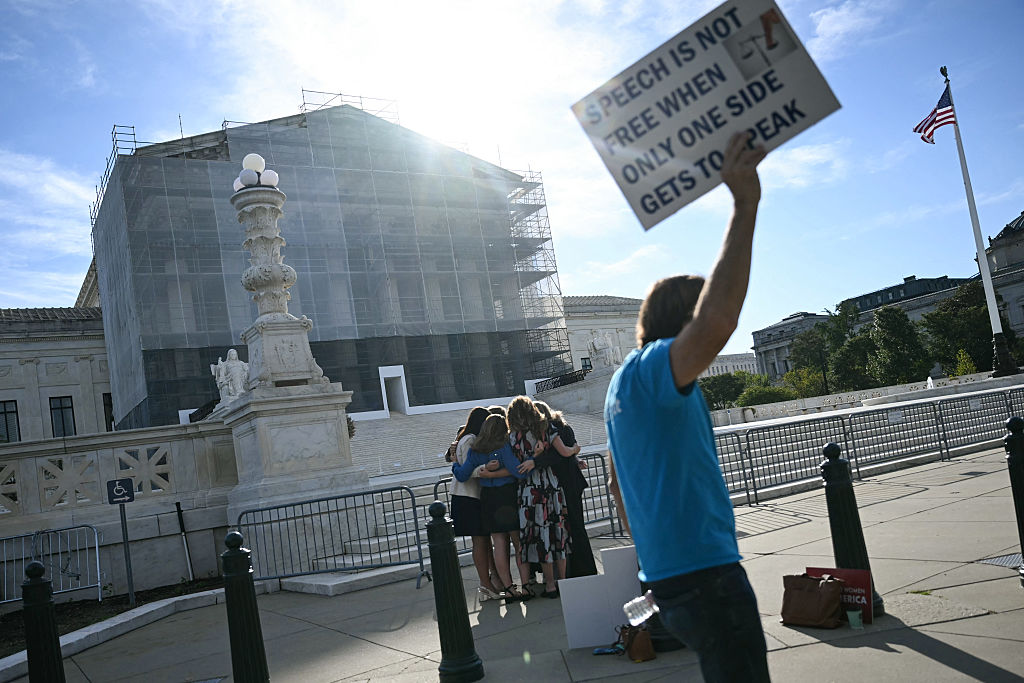Well over a year ago I wrote about how Germany had broken both the EU treaty and so international law, when its constitutional court ruled against the ECB’s bond-buying program during the pandemic. Germany remains in breach of that law and has not been punished by the EU. The breach is, I think, simple to understand: 27 members sign up to a club and agree to be bound by its rules. If one member says ‘no actually I control the rules’, that’s Germany and it has broken them.
The EU tried to paper over the cracks caused by Germany’s EU law breaking, but nothing has yet sealed the hole Germany made. You can think of laws much like walls. We lawyers police these boundaries on how you can or cannot behave. Because we have police to help us and because most normal people only really think about law as ‘criminal law’ we tend to forget this.
But imagine I was arrested and tried for murder. Imagine the jury found me guilty. Imagine the court had no armed guards and that I simply walked home. Imagine then I sat at my kitchen table, declared it was a court and that it instead found me innocent. That is effectively what Germany did.
So the most prophetic thing I’ve ever written was this:
‘There are 26 other member states, each of whom has a constitution and a highest court. Any one of those 26 could now copy Germany and declare itself supreme over EU law.’
Because Poland might be about to walk through the hole that Germany created when it broke international law.
The EU has laws that say homosexual, bisexual and other LGBT people can’t be treated like scum. Every one of the EU’s 27 member states signed up to these laws and the EU also promised the UK in a binding legal treaty that the bloc would uphold these rights. It also made the UK promise the same (and we have kept our promise).
Poland, and its courts, are considering whether or not to simply say ‘no’ to these laws. Just as Germany did.
It is now right to say that if Poland decides to break this law, or if Hungary does so, or if any other member state does so, that is only possible because of what Germany did.
Whether or not to be a member of the EU was a thorny question in the UK. It was and is a wholly political question and I take no position on it at all. But by treating it as a political question we dealt with it properly.
Germany has done the opposite. It has left the EU in law, while remaining only in politics. It has declared itself free to pick and choose the EU laws it likes, as it sees fit. This is despite Article 25 of Germany’s constitution saying that ‘general rules of international law shall be an integral part of federal law.’
That is a promise to obey international law. Written in the country’s constitution. So Germany promises to obey EU law when it signs treaties. It promises to obey international law in its constitution. It does neither.
And in doing so Germany has left the gate wide open for Poland or anyone else to saunter through.
This article was originally published on The Spectator’s UK website.

























